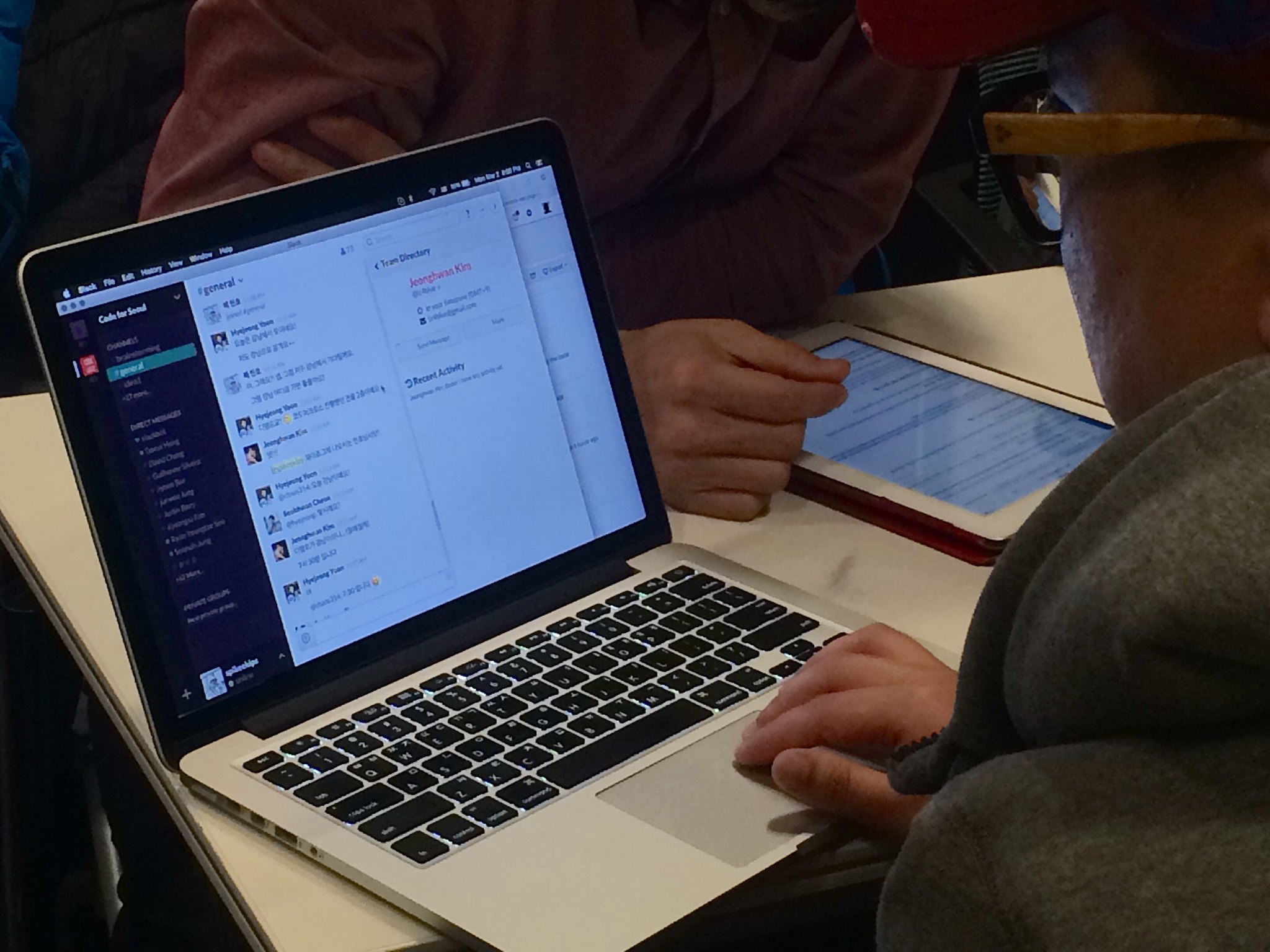Potsdam. Something has to change in education policy after the election – the parties agree on that. But what exactly? There were mixed opinions about this on Wednesday at the MAZ election forum in Potsdam. In Brandenburg, the SPD has been responsible for education and schools since 1994, which is why the party has to face criticism again. But even SPD Prime Minister Dietmar Woidke says: Things must “run better” in the education sector in the future and things cannot remain as they are.
Read more after Notice
Read more after Notice
It is important that the teachers are on board; staffing rate is 98 percent. “It worked out well at first.” Teacher training has been greatly expanded, and that is a good foundation for the future. It is essential to develop German and mathematics subjects in primary schools. Compulsory curricula for German and natural sciences should also be introduced in high schools. In addition, teachers needed to be relieved of bureaucracy.
The CDU wants to implement the concept of “Brandenburg Hour”. Teachers should voluntarily work an extra hour, explained CDU chief candidate Jan Redmann. They should continue to work beyond retirement; this should make it attractive. Additional teachers should also be hired.
Read more after Notice
Read more after Notice
Left for more community schools
Redmann accused Woidke and the SPD of not having hired enough new teachers for years, even though this was pointed out at the time. “This is something that is weighing on us and cannot be solved overnight.”
The main candidate of the left Sebastian Walter spoke out for more community schools, ie longer lessons together. He cited educational researchers who confirm this. Anyone who separates children from each other too early, as is often the case in Germany, encourages educational injustice, Walter warns.
“First, I want to say: Our educational landscape is a wasteland. We have one of the worst education systems and the SPD is to blame for it,” said Dennis Hohloch on behalf of the AfD, which is also responsible for education in its parliamentary group and represents the main candidate Hans-Christoph Berndt in the group. Hohloch suggested changing the timetable in grades 1 to 4. English should be abolished and reassigned to German and mathematics.
Read more after Notice
Read more after Notice
Péter Vida (Free Voters), who started school in Hungary, opposed Hohloch. He learned English as a primary school student in 1990 and it was the right thing to do. He actually suggested relieving teachers from mental and medical tasks to focus on teaching, for example through school health professionals.
Robert Crumbach (BSW) said that, as in the GDR, teachers could teach one subject instead of two. And Zyon Braun (FDP) spoke out for the abolition of the school authorities in Brandenburg.
Antje Töpfer (Greens) campaigned for multi-professional teams with school social workers and psychologists to ease the burden on teachers in schools. And she is campaigning for more all-day schools. The Green Party’s election program also calls for less attention to grades. When asked if a school without grades is possible, she remains vague and does not make a clear statement.
At the end of this block of topics, the eight top candidates had to answer a yes or no question. Do you want to ban cell phones in elementary schools? Only Robert Crumbach (BSW) and Dennis Hohloch (AfD) were in favor. The other six main candidates do not think so.
MAZ
2024-09-12 05:00:49
#Major #candidates #state #election #banning #cell #phones #elementary #schools

